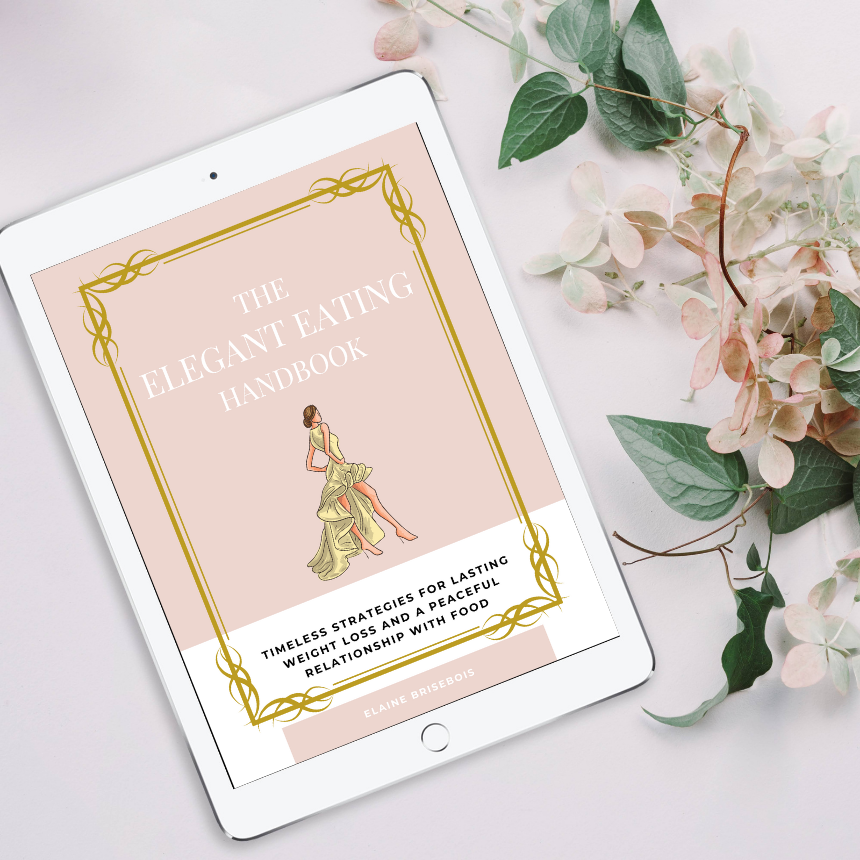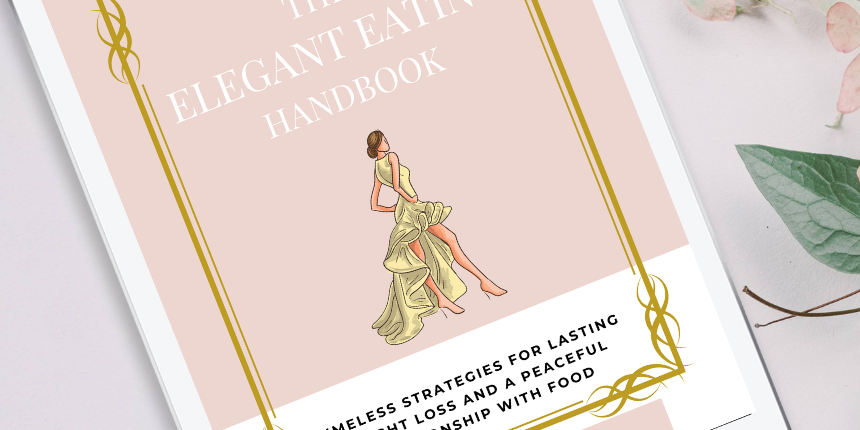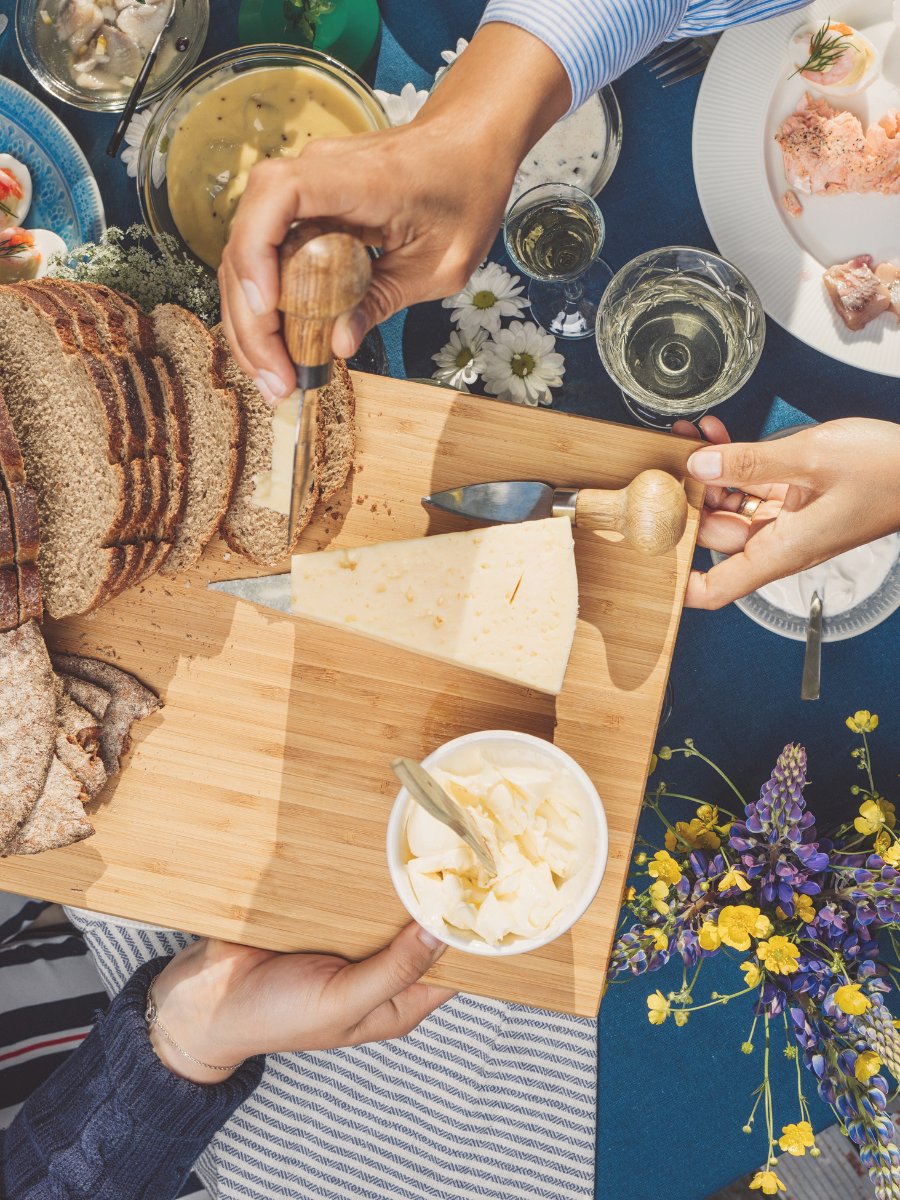An urge is an intense desire.
It often feels very “urgent.”
Here are a few examples to illustrate…
Let’s say you’re working from home. You’re sitting in front of your computer. Maybe you’re working on something you don’t really feel like doing, and the thought occurs to you that you would really love some of that chocolate that you know is sitting in your pantry.
You firmly tell yourself NO, that wasn’t in the plan today. You’re trying to lose weight, and logically you know that it’s not in your best interest to be eating it right now. You try to ignore the chocolate, but it’s like it’s calling to you. You can’t concentrate. If you can just have a few pieces, it will make getting through this task so much easier (so you tell yourself).
Or imagine you’ve just eaten dinner. You’ve served yourself a good-sized portion. But then you have an urge to polish off the rest of the dish that you had intended to set aside for your lunch tomorrow. You’re no longer physically hungry – you know that you don’t need the extra food – yet the urge to keep eating is so intense.
Or maybe you’ve been working hard all day, and when 5pm rolls around, you have an urge to pour yourself a glass of wine and take that first sip.
You told yourself that you wouldn’t drink tonight, and even though your rational brain is saying this isn’t in alignment with the results you want, the desire feels too strong to ignore.
You can apply this concept to anything you have a lot of desire to do.
Here I’m talking about it in the context of food (and alcohol), but other examples could be the urge to check your phone, scroll on Instagram, shop, or procrastinate with work.
How to Handle Urges (3 Options)
1. Comply with it.
In other words, obey it – eat (or do) the thing your brain is suggesting to you.
To do otherwise feels too uncomfortable – you’d rather avoid it if you can.
Eating the “chocolate” or having the glass of wine provides you with the relief that you’re seeking at that moment.
Notice that you’re only delaying your discomfort, though – both physically (i.e. weight gain, low energy, bloating?) and emotionally (i.e. disappointment, guilt, distrust in yourself?)
2. Resist it.
This looks like relying on willpower or distracting yourself to avoid the discomfort.
I like the visual of the little kid with her eyes closed and hands over her ears chanting, “lalalalala, I can’t hear you.”
I’ve had clients tell me that sometimes they’ll just go to bed, so they don’t have to deal with their nighttime urges to snack.
Other tactics might be closing the kitchen down after dinner, brushing your teeth, or taking a bath.
These things aren’t bad and might actually be helpful in the short-term, but they don’t address the underlying issue.
Resisting sometimes looks like going to battle with the urge.
You might think thoughts like:
This shouldn’t be happening.
If I can just get through this night.
I have no willpower.
Interestingly enough, this actually compounds the discomfort because now not only are you dealing with unanswered desire, but now you’ve layered on a bunch of mental chatter and drama on top of it, creating even more desire.
Now it feels like the only way to solve the issue and get relief is by eating the exact thing that you’re trying to avoid.
The urge has “all the power.”
3. Allow it.
This is doing exactly as it sounds (and it’s the best way to handle an urge if you want to de-condition the over-desire in the first place).
Allow the urge to just be there without answering it.
The difference between allowing and resisting it is that you actually open yourself up to the discomfort you’re feeling, rather than push against it or try to escape from it.
Get curious.
Breathe into it.
Get up close and personal with it.
Let the feeling wash over you.
What does it feel like in your body?
What sensations are you feeling?
What is it that you don’t want to feel?
Is feeling it really as bad as you think?
Sometimes we’re trying to avoid uncomfortable feelings like sadness, grief, or worry.
It’s not to say that there have to be any big, ugly emotions that you’re trying to escape from.
It may even just be a bit of loneliness, restlessness, or boredom.
Whatever you’re feeling, though, you must process it before trying to distract yourself with something else.
In some cases, it can actually be the discomfort of physical withdrawal. If you’ve allowed yourself to consume certain substances regularly, it’s not uncommon to feel uncomfortable physical symptoms when you suddenly stop them – most notably sugar (when it comes to food), and on a more intense level, alcohol.
As you learn to “ride it out” – kind of like riding a wave, you’ll find that the intensity of the desire starts to dissipate, and eventually, it passes.
The more you practice allowing those urges, the more your brain starts to get the message that it won’t be getting its reward. And in turn, it will lessen the intensity and frequency of those urges, breaking the vicious cycle.
Your brain created the desire; it can also un-create it
The more concentrated the “pleasure” (i.e. sugar, alcohol), the bigger the reward your brain gets in return.
The reward I’m speaking about here is dopamine – the “feel good” neurochemical.
Each time you comply with the urge, your brain gets a “hit” of dopamine.
You can read more about this in my blog post: Pleasure – Natural vs. Artificial.
Essentially, the more you obey the urge, the more you teach your brain to expect the reward. And in turn, the more desire you create for that particular thing (i.e. food, alcohol).
It’s kind of like a Pavlovian response.
Remember Pavlov’s dogs’ study?
The short version is, it began when the dogs would hear the sound of the employee’s clogs when she came to feed them. The dogs started to associate the sound of the clogs with being fed because they would salivate in expectation.
In the study, they replaced the sound of the clogs with the ringing of a bell just before feeding them. Soon the dogs began to salivate upon the bell’s ringing because they expected the reward (the food). Eventually, they would ring the bell and stop feeding the dogs. It wasn’t long before the dogs stopped salivating in expectation – they no longer expected the reward.
Like Pavlov’s dogs, we can also de-condition our human brain by letting the urge go unanswered.
Urges are not bad in and of themselves.
They are suggestions from your brain.
The urge doesn’t make you reach for the chocolate or take a sip of wine.
It needs your consent first.
You have to make a decision to listen to it.
(And really, they’re only problematic when obeying them causes a net-negative effect in your life.).
It’s critical to separate the urge from the follow-through because they are NOT one and the same.
Understanding this helps you take your power back from the urge.
Your urge is NOT what makes you respond to it – it’s your thoughts that you think that do.
For example:
This is too hard
One bite won’t hurt.
What difference does it make?
I can’t handle this.
This is too uncomfortable.
It’s not worth feeling this way.
I’ll start over again tomorrow.
You end up believing or at least accepting those thoughts at face value.
We know this is true because think about all of the urges you’ve likely had in your life that you didn’t answer. Maybe to scream at someone, hit someone, or smash something, or tell somebody where to go?
Yes, these examples are overly dramatic, but the point is you can have an urge and not act on it, probably because rationally, you know it’s in your best interest not to do so.
The key is to collect more and more of those unanswered urges, and you will start to re-train your brain.
If you want to still incorporate those things that you have a lot of desire for, then only consume them when you’ve made the decision to do so from your “higher brain” (prefrontal cortex).
As an aside, many of the women I work with still consume things like snack foods, sugar, and wine, but they do it in a more intentional and planned out way.
Once you begin practicing this with food (or alcohol), you can apply this to other areas of your life that you want to get a handle on – i.e. honoring your calendar, checking social media, shopping, procrastinating, etc.
Ready to permanently lose weight, stop overeating, and uplevel your relationship with food?
Learn more about my private 1:1 program here.
Download a copy of my Elegant Eating Handbook to learn simple and effective strategies for permanently living at your natural weight.

Hi! I’m Elaine, a Certified Nutritionist and Master Certified Health Coach. I support women in achieving their health and body goals while prioritizing a peaceful and balanced relationship with food.

Get a free copy of my handbook!
The Elegant Eating Handbook: Timeless Strategies for Lasting Weight Loss and a Peaceful Relationship with Food.
share with friends
keep reading...





[…] Developing the skill of allowing an urge but not responding to it with food is a daily practice, and you won’t do it perfectly every time. It often feels very uncomfortable. […]
[…] allowing the urge to dive into a tub of ice cream be there without having to react and give in to it. In other words, […]
[…] Allowing more urges (and the discomfort that comes along with them) […]